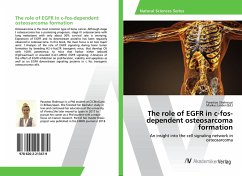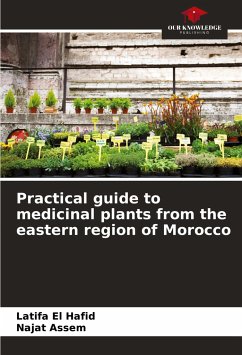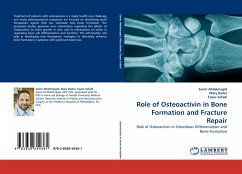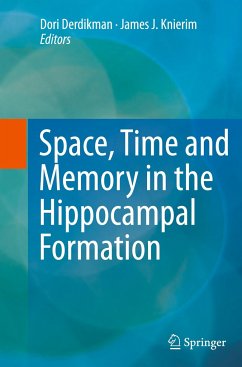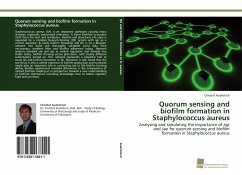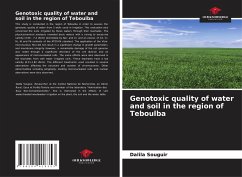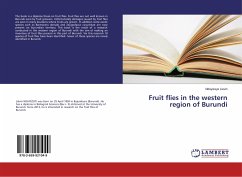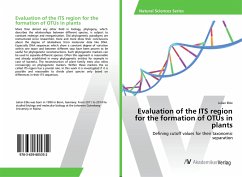
Evaluation of the ITS region for the formation of OTUs in plants
Defining cutoff values for their taxonomic separation
Versandkostenfrei!
Versandfertig in 6-10 Tagen
27,99 €
inkl. MwSt.

PAYBACK Punkte
14 °P sammeln!
More than almost any other field in biology, phylogeny, which describes the relationships between different species, is subject to constant redesign and reorganisation. Old phylogenetic paradigms are restructured since researchers more and more draw their conclusions about the degree of relatedness from molecular data like DNA. Especially DNA sequences which show a constant degree of variation within one taxon and between different taxa have been proven to be useful for phylogenetic reconstructions. Such phylogenetic markers can be used to separate different species. Often this approach is rea...
More than almost any other field in biology, phylogeny, which describes the relationships between different species, is subject to constant redesign and reorganisation. Old phylogenetic paradigms are restructured since researchers more and more draw their conclusions about the degree of relatedness from molecular data like DNA. Especially DNA sequences which show a constant degree of variation within one taxon and between different taxa have been proven to be useful for phylogenetic reconstructions. Such phylogenetic markers can be used to separate different species. Often this approach is reasonable and already established in many phylogenetic entities for example in case of bacteria. The reconstruction of plant family trees also relies increasingly on phylogenetic markers. Within these markers the so called ITS region has a pivotal role. In this work it is investigated if it is possible and reasonable to divide plant species only based on differences in their ITS sequences.



